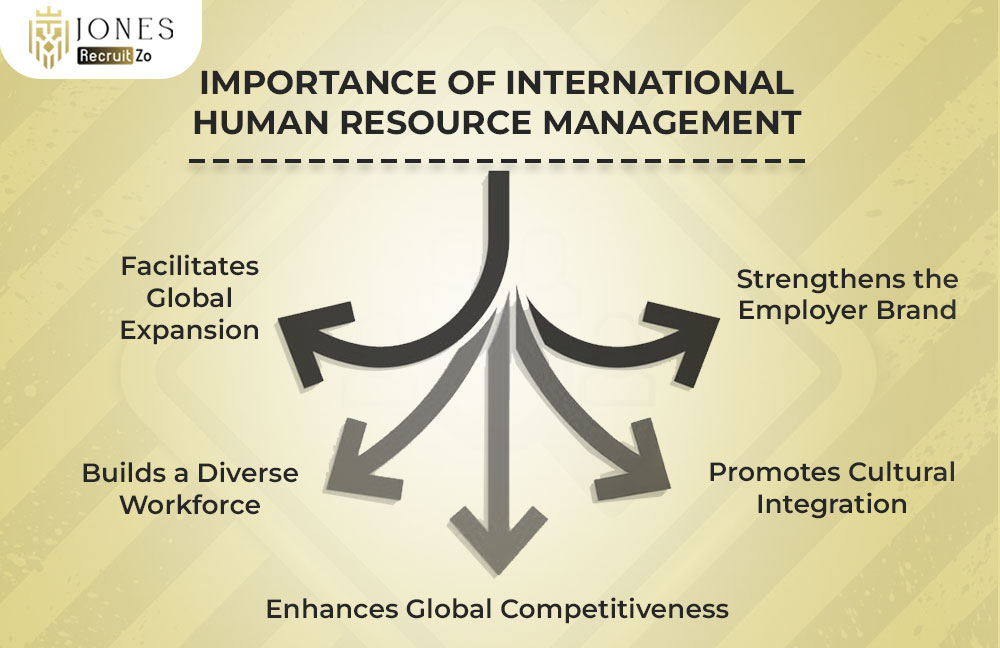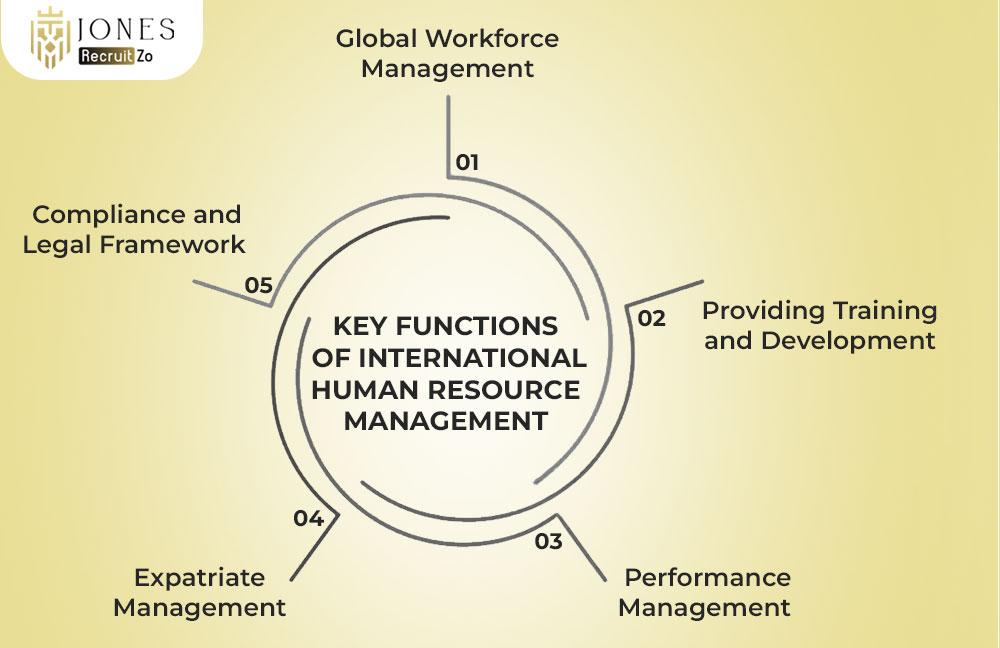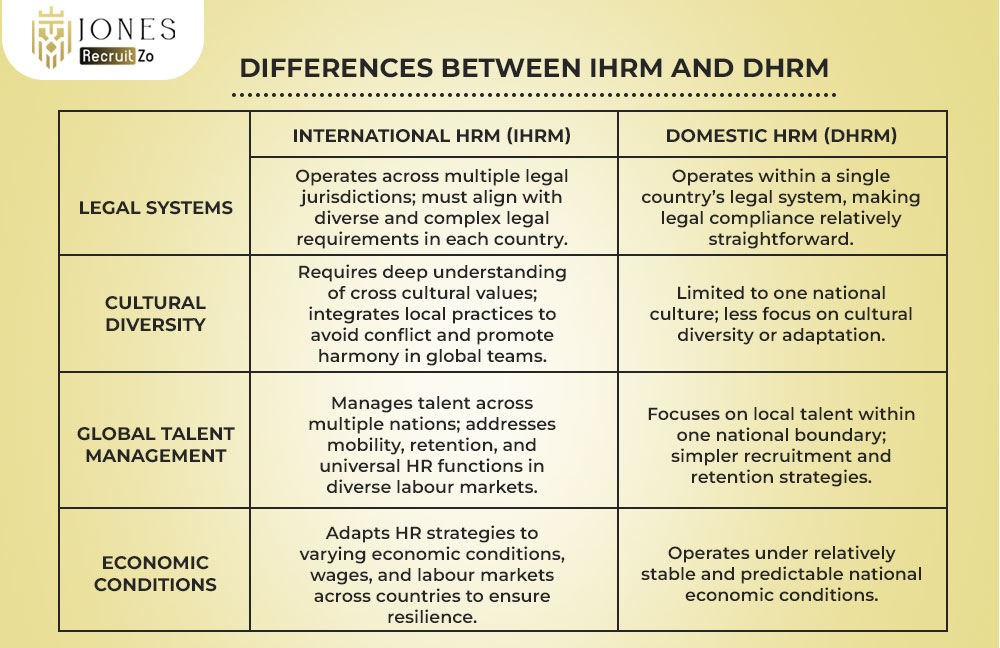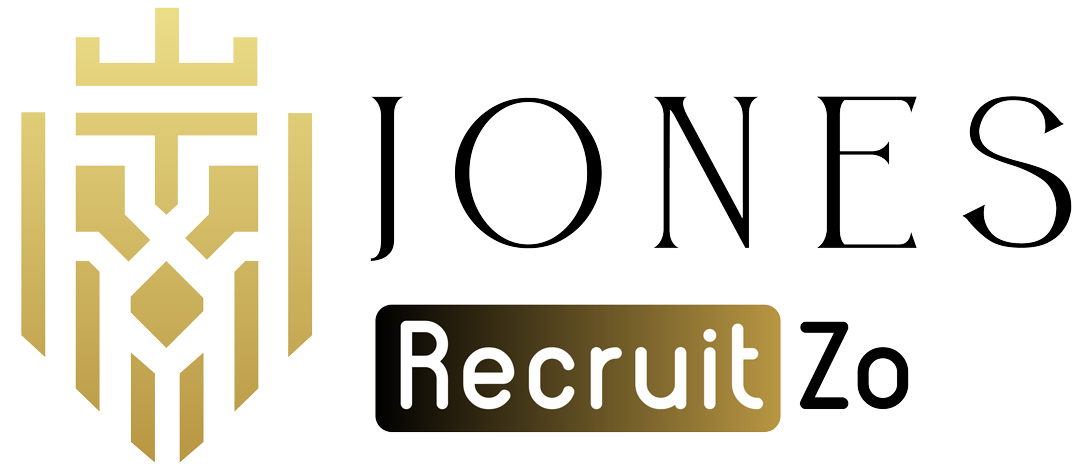What is International Human Resource Management?
International Human Resource Management (IHRM) involves managing employee-related functions in more than one country through the coordination of HR strategies with organizational objectives. It is involved in universal hiring, cultural issues, and legal conformity. What makes international human resource management is the ability to maximize human resources on a worldwide level whilst maintaining a balance between cross-cultural differences.
Importance of International Human Resource Management

The significance of International Human Resource Management is based on the fact that it helps to achieve business success in the global context by coping with various people. It contains: Facilitates Global Expansion, Builds a Diverse Workforce, Enhances Global Competitiveness, Promotes Cultural Integration, Strengthens the Employer Brand.
Facilitates Global Expansion
IHRM provides organizations with global operations with the capability of establishing operations based on global staffing issues, international laws, and cultural diversities. It assists companies to adjust to the foreign environment successfully, highlighting the importance of international human resource management as the next step in ensuring long-term global success.
Builds a Diverse Workforce
International human resource management extends the range of talents available and allows innovation and diversity in workplaces. It assists in the formation of policies that can accommodate cross-cultural values and views so that international teams can become more flexible and innovative. Such are the practices that raise the bar of the level of human resource management in any part of the world.
Enhances Global Competitiveness
Through the utilization of various talent resources and matching of practices with global strategies, the IHRM ensures firms remain competitive. It maintains borderless consistency in operations and promotes performance. This is among the strong suits that international human resource management has become an asset in the interdependent market.
Promotes Cultural Integration
Through IHRM, cultures are valued and the workplace becomes inclusive by enhancing cooperation across the globe. It helps in developing mutual respect and easy communication in cross-cultural teams and businesses can operate in a more unified and efficient manner across the globe.
Strengthens the Employer Brand
An efficiently run international workforce using IHRM leads to the attraction of the best talent. Organizations are able to build a reputation by putting in place inclusive policies and career practices across the world. This international attitude even substantiates the significance of international human resource management in establishing a continued employer credibility.
Key Functions of International Human Resource Management

The key functions of IHRM are listed as: Global Workforce Management, Providing Training and Development, Performance Management, Expatriate Management, and Compliance and Legal Framework.
Global Workforce Management
IHRM consists of international recruitment, onboarding, and strategic workforce planning. It guarantees the perfect flow of coordination even in various destinations customising their HR policies to fit in local benchmarks. Such functions are paramount in terms of any global human practice, whose interests are performance and sustainability.
Providing Training and Development
IHRM creates global capacity and creates training programs, that suit international teams. It puts the employees in the position to work in various environments increasing productivity and communication. These human resource management programs assist in the achievement of international objectives effectively.
Performance Management
The IHRM performance systems harmonise the employee and global business goals. They guarantee equitable evaluation and rewarding practices among countries. These processes enhance accountability and high-performance personnel that is international in nature.
Expatriate Management
IHRM takes care of expatriates through the facilitation of relocation, compensation, and reintegration. Such systems will lead to a smooth transition and turnover. In international human resources, effective expatriate policies help guarantee the existence of operations.
Compliance and Legal Framework
IHRM is injury-free in terms of international laws such as labour laws and tax laws. It reduces law dangers and endorses morality in multiple nations. Proper comprehension of complicated legalities is a crucial component in the administration of human resources in various locations within a global environment.
How is IHRM Different from Domestic HRM?

IHRM cannot be compared with domestic HRM in terms of the scope, the complexity of legislation, and cultural diversity. It deals with international human resource issues that cut across borders, and re-strategizes in various legal systems, cultures, economies, and talent markets.
Multiple Legal Systems
In contrast to DHRM, IHRM will have to take into account different legal requirements in different countries. It involves being informed of various jurisdictions to be in alignment. Such intricacies make international human resource management more vibrant and legally conscious.
Cultural Diversity
To achieve successful team building, IHRM should have knowledge of the global cultural values. Making policies conform to the local practices prevents conflict and enhances understanding. It is important to integrate cross-cultural intelligence in order to harmonise at places of work, internationally.
Global Talent Management
IHRM entails dealing with talent in different countries so it involves wider approaches compared to DHRM. It deals with cross-mobility and retention. This is an indication of international human resource management structures where the functions of human resources are universal.
Different Economic Conditions
IHRM has to deal with changing economic conditions in nations, which influence wages, employee perks, and the employment market. This kind of flexibility helps build stronger global organizations and makes HR strategies robust to various conditions.
FAQs
1) What is International Human Resource Management?
International Human Resource Management refers to the coordination of international HR activities such as staffing, development, and compliance with the regulations of various countries and cultures. It also makes human resource management conform to international approaches in order to help out global organizations.
2) How is IHRM different from domestic HRM?
IHRM deals with HR management internationally dealing with cross-country laws, cross-cultural concerns, and global talent, whereas domestic HRM deals with a single country and the national angle. IHRM is wider and more complicated.
3) Why is IHRM important for global businesses?
IHRM plays an important role in the management of various international teams, the consistency in requirements, and the development of competitive advantage. It helps in international growth, cultural assimilation, and brand image, which are some of the success factors of international organizations.
4) What are the key functions of IHRM?
Some of the significant IHRM roles encompass dealing with overseas hiring procedures, training, designing expatriate-related services, performance tools, and legal framework. They make sure that they are aligned with international strategies and assist enterprises to accommodate the various cultures and regulatory systems effectively.















